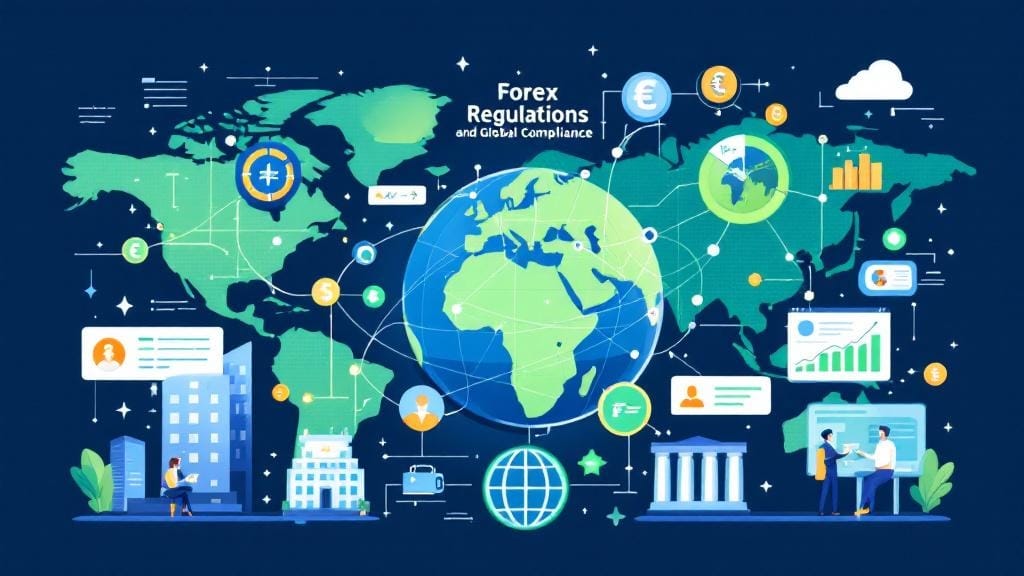Debt can feel like an overwhelming burden, a constant reminder that your finances are out of control. Whether it’s credit card bills, loans, or medical expenses, figuring out how to get out of debt can seem like a daunting challenge. But don’t worry—you’re not alone. Many people have successfully overcome their debt struggles by following smart, proven strategies. In this guide, we’ll walk you through how to get out of debt, share debt payoff tips, and explore debt reduction strategies to help you regain financial freedom.
Why Getting Out of Debt is So Important
Before we dive into the “how,” it’s important to understand why getting out of debt should be a priority. Carrying debt not only impacts your credit score but can also cause emotional stress. High levels of debt can leave you feeling trapped and uncertain about your financial future. However, by taking proactive steps toward eliminating debt, you can achieve financial peace of mind and regain control of your financial life.
The Debt Payoff Mindset: Start with a Plan
When it comes to eliminating debt without bankruptcy, the first step is always about mindset. You need to adopt a clear and actionable plan for tackling your debt. While the idea of paying off large amounts of debt may seem impossible at first, having a detailed strategy will help you stay motivated and focused on your goal.
Debt Reduction Strategies: Which Method Works Best?
There are a variety of debt reduction strategies that you can use to pay off your debt. Let’s go over some of the most popular and effective methods.
1. Debt Snowball Method
One of the most widely used DIY debt payoff methods is the debt snowball method. This approach focuses on paying off your smallest debt first, while continuing to make minimum payments on your larger debts. Once the smallest debt is paid off, you apply that amount toward the next smallest debt. The process continues until all debts are paid off.
Why does it work?
The psychological benefit of the debt snowball method is that it gives you quick wins early in the process. As you pay off your smaller debts, you feel motivated to tackle the bigger ones.
Example:
Suppose you have three debts:
-
$500 credit card balance
-
$1,200 car loan
-
$3,000 student loan
With the debt snowball method, you pay off the $500 balance first, and once it’s cleared, you apply that payment toward the $1,200 car loan. This method helps you stay engaged with the process, even if the bigger debts take longer to pay off.
2. Debt Avalanche Method
If you’re looking for a way to save money on interest, the debt avalanche method might be more suitable. With this strategy, you focus on paying off the highest-interest debt first, while making minimum payments on the others. Once the high-interest debt is paid off, you shift your focus to the next one, and so on.
Why does it work?
This method saves you money in the long run since you’re tackling the debt with the highest interest rates, which accumulate faster over time.
Example:
If you have the following debts:
-
$1,000 credit card at 18% APR
-
$1,500 loan at 10% APR
-
$2,000 student loan at 5% APR
With the avalanche method, you’d focus on paying off the $1,000 credit card debt first. After it’s paid off, you shift your focus to the $1,500 loan and continue with the student loan last.
3. Debt Consolidation Options
Debt consolidation is a smart way to reduce debt if you have multiple high-interest debts. By consolidating your debts into a single loan, you can simplify your monthly payments and often lower your interest rate. Debt consolidation options include personal loans or a balance transfer credit card.
Why does it work?
It’s easier to manage a single loan rather than multiple debts. Plus, if you qualify for a lower interest rate, you’ll save money on interest.
4. Credit Counseling Services
If you’re struggling to find a way out of debt, credit counseling services might be a good option. Credit counselors can help you create a budget, negotiate with creditors for lower interest rates, and develop a debt repayment plan.
Why does it work?
Credit counselors have the expertise and authority to negotiate better terms with creditors, which could make your debt repayment journey more manageable.
Smart Ways to Reduce Debt: Additional Tips
While having a clear strategy is key, there are also some smart ways to reduce debt that will help you along the way.
1. Budgeting to Pay Off Debt
The cornerstone of any successful financial plan is budgeting. If you’re trying to get out of financial trouble, you need to track your income and expenses. This will help you identify areas where you can cut back on spending and free up extra cash to put toward your debt.
Tips for budgeting:
-
Start by listing your monthly income and all your necessary expenses (like rent, utilities, food, etc.).
-
Identify areas where you can reduce spending (e.g., dining out less, cutting subscriptions).
-
Set aside a specific amount each month for debt repayment.
2. Building an Emergency Fund for Debt Payoff
It may sound counterintuitive, but having an emergency fund while paying off debt can actually make the process easier. An emergency fund acts as a financial cushion for unexpected expenses, so you don’t have to rely on credit cards or loans to cover them.
Why does it work?
It helps prevent you from accumulating more debt when life throws curveballs.
3. Reduce Credit Card Interest
If you have high-interest credit cards, reducing credit card interest can make a huge difference in your ability to pay off your debt. Consider transferring balances to a card with a 0% introductory APR or negotiating a lower interest rate with your credit card company.
Why does it work?
Lowering the interest rate means you’ll pay off your debt faster because more of your payment goes toward reducing the principal balance.
Getting Out of Debt with Bad Credit
If you’re struggling with bad credit, it can feel impossible to get out of debt. However, even with less-than-perfect credit, there are options available. Some strategies include:
-
Applying for secured credit cards to rebuild your credit.
-
Seeking out credit counseling services for help with debt management.
-
Using debt consolidation to reduce the interest rate and simplify payments.
How to Stop Drowning in Debt: A Final Word
The process of getting out of debt can take time and discipline, but it’s achievable. Whether you use the debt snowball method, the debt avalanche method, or take advantage of debt consolidation options, the key is to stay consistent and keep your goal of financial freedom in mind.
It’s also crucial to remember that financial planning for debt relief is not just about paying off debt but also about ensuring you don’t fall back into it. Once you’ve eliminated your debt, focus on building savings, improving your credit score, and living within your means.
Frequently Asked Questions (FAQs)
1. What is the debt snowball method and how does it work?
The debt snowball method involves paying off your smallest debts first while continuing to make minimum payments on larger ones. This creates a psychological win that motivates you to keep going until all debts are paid.
2. Is debt consolidation a good idea?
Debt consolidation can be a great option if you have multiple debts with high-interest rates. By consolidating them into one loan, you can simplify payments and possibly reduce your interest rate.
3. How long does it take to get out of debt?
The time it takes to get out of debt depends on the amount of debt, your income, and how much you can afford to pay each month. On average, people take between 3 to 5 years to pay off significant amounts of debt.
4. Can I reduce my credit card debt without bankruptcy?
Yes, there are many ways to eliminate credit card debt without filing for bankruptcy. Consider using the debt snowball method, debt consolidation, or working with a credit counselor.
5. What is the debt avalanche method?
The debt avalanche method focuses on paying off the debt with the highest interest rate first, which saves money on interest over time. After the high-interest debt is cleared, you move on to the next highest.
6. How do I make a budget to pay off debt?
Start by tracking your income and expenses. Cut back on non-essential spending and allocate the extra funds toward debt repayment. Use the “50/30/20 rule” to divide your budget into needs, wants, and savings/debt repayment.
7. Can credit counseling services help me get out of debt?
Yes, credit counseling services can help by providing expert advice, creating a debt repayment plan, and sometimes negotiating with creditors on your behalf for lower interest rates or better terms.








Comments (0)